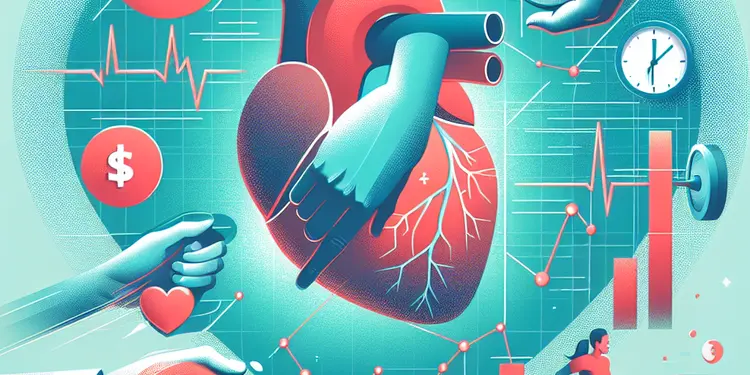
Find Help
More Items From Ergsy search
-
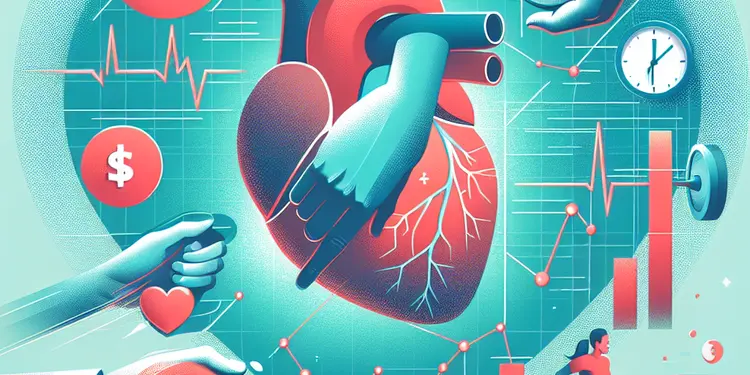
Can physical exertion trigger a heart attack?
Relevance: 100%
-

Heart Attack Symptoms - Help Us Help You | NHS
Relevance: 52%
-
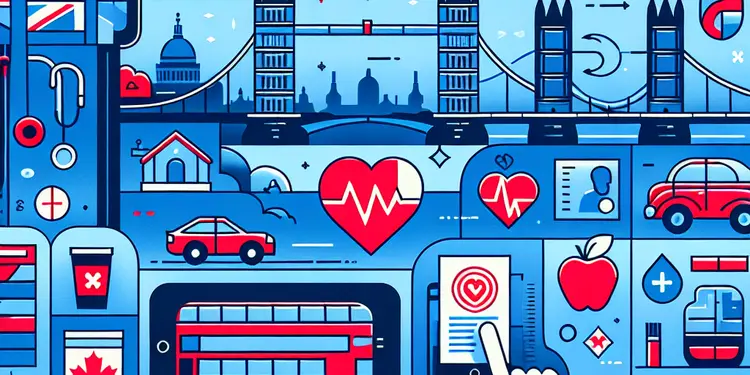
What are the risk factors for a heart attack?
Relevance: 51%
-

Is it possible to prevent a heart attack?
Relevance: 50%
-

Heart Attack Stories | NHS
Relevance: 50%
-
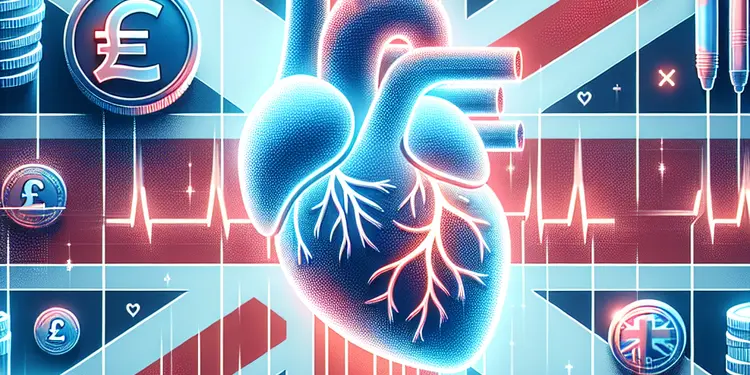
What are the long-term effects of a heart attack?
Relevance: 50%
-

Heart Attack Stories | NHS
Relevance: 49%
-
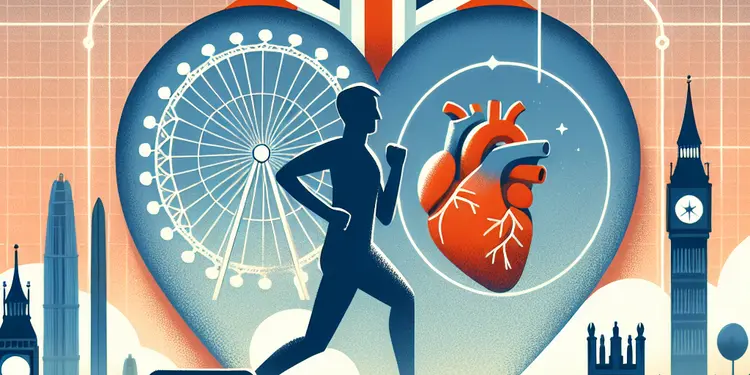
What should I do if I'm experiencing heart attack symptoms?
Relevance: 47%
-

Are heart attack symptoms different for people with diabetes?
Relevance: 46%
-

How long do heart attack symptoms last?
Relevance: 45%
-
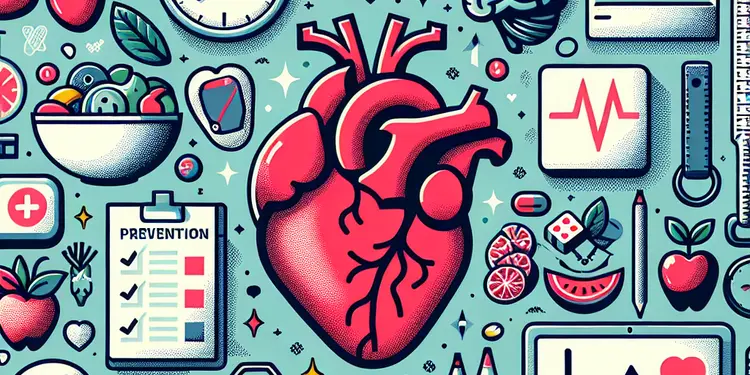
What is the role of lifestyle modification in heart attack and stroke prevention?
Relevance: 44%
-

Can heart attack symptoms vary by age?
Relevance: 44%
-

How do beta-blockers contribute to heart attack prevention?
Relevance: 43%
-

Heart Attack Symptoms - Peter Dale (Tubes) | NHS
Relevance: 43%
-

Is it possible to have a heart attack without chest pain?
Relevance: 43%
-
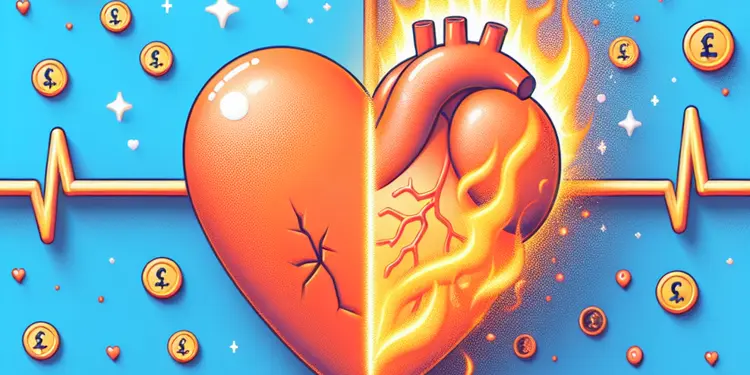
How can I differentiate between heartburn and a heart attack?
Relevance: 42%
-

Heart Attack Symptoms - Peter Dale (Tubes) | NHS - BSL version
Relevance: 42%
-
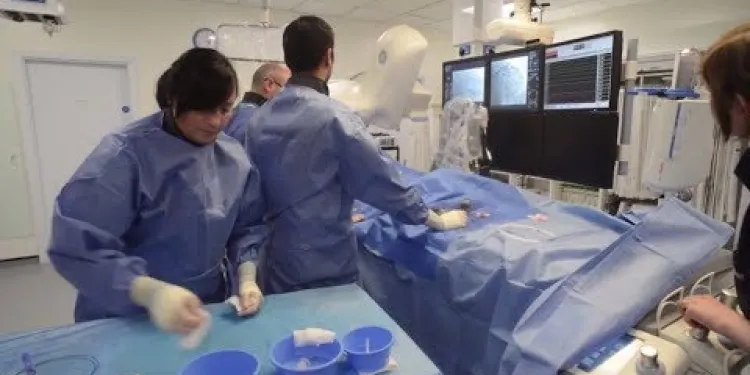
Heart attack care - Raigmore Hospital Inverness, NHS Highland
Relevance: 42%
-
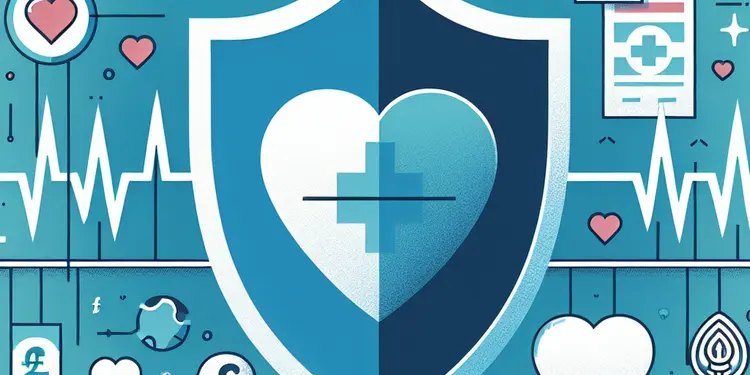
When should one start taking medication for heart attack prevention?
Relevance: 41%
-

Do all patients need medication to prevent heart attacks and strokes?
Relevance: 41%
-

Do calcium channel blockers help in preventing heart attacks?
Relevance: 41%
-

What drugs are commonly prescribed to reduce the risk of heart attacks?
Relevance: 41%
-

Do over-the-counter medications help in preventing heart attacks and strokes?
Relevance: 41%
-

Can women have different heart attack symptoms than men?
Relevance: 40%
-

Can diabetes medications also help reduce heart attack risk?
Relevance: 39%
-

What is the role of PCSK9 inhibitors in heart attack prevention?
Relevance: 38%
-
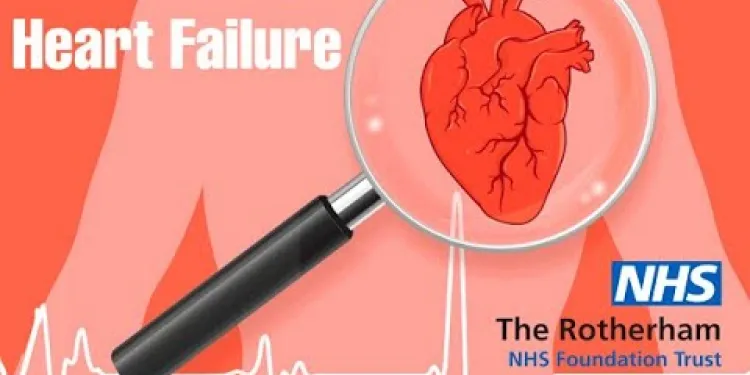
Heart Failure : When the heart becomes stiff?
Relevance: 38%
-
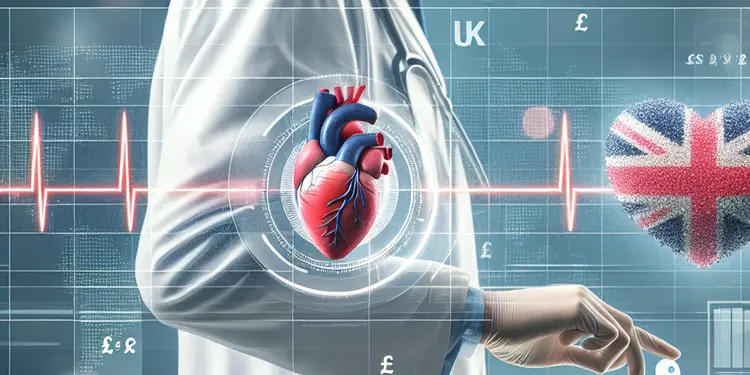
How is heart failure diagnosed?
Relevance: 35%
-
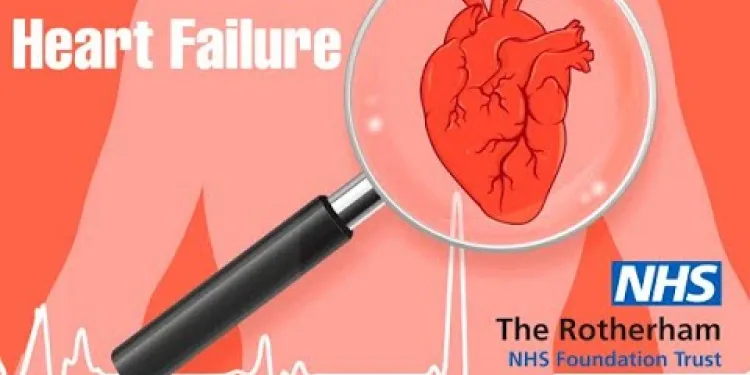
Heart Failure : Heart failure that cannot pump
Relevance: 32%
-

Heart Failure : The normal heart
Relevance: 32%
-
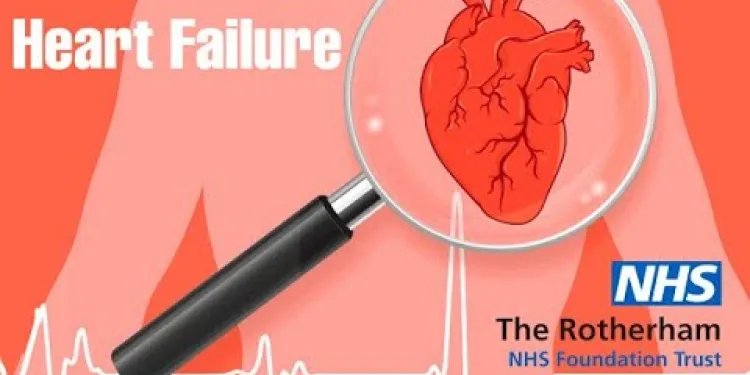
Heart Failure : What is heart failure?
Relevance: 32%
-
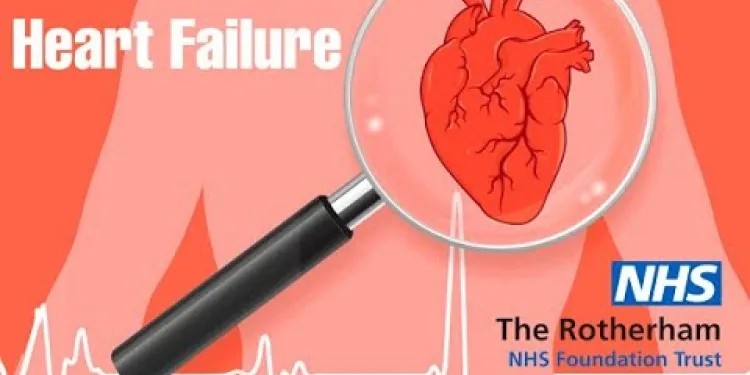
Heart Failure : Symptoms of heart failure
Relevance: 31%
-

Heart stents
Relevance: 30%
-
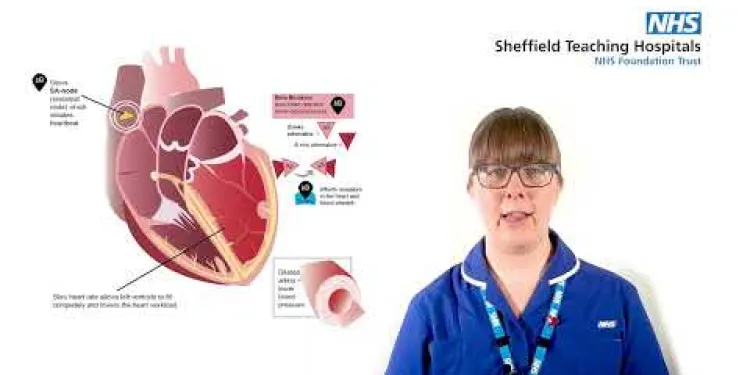
Medicines of the heart
Relevance: 30%
-
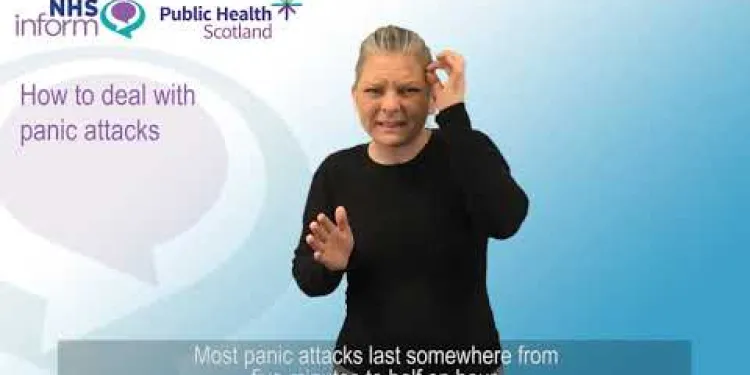
BSL - How to deal with panic attacks
Relevance: 30%
-

Heart failure introduction
Relevance: 30%
-

Can health-related anxiety cause physical symptoms?
Relevance: 28%
-

What causes heart failure?
Relevance: 28%
-

Are there any natural supplements that can help prevent heart attacks?
Relevance: 28%
-

What are some physical health effects of loneliness?
Relevance: 27%
Understanding the Link Between Physical Exertion and Heart Attacks
Physical exertion is a common component of daily life and an essential part of maintaining a healthy lifestyle. However, it can also pose certain risks, particularly for individuals who have underlying heart conditions. The question of whether physical exertion can trigger a heart attack is one of considerable importance, especially given the increasing awareness of cardiovascular health in the UK.
How Physical Exertion Can Trigger a Heart Attack
A heart attack, or myocardial infarction, occurs when the flow of oxygen-rich blood to a section of the heart muscle is blocked. If the blood flow is not restored quickly, the heart muscle can suffer damage due to lack of oxygen. Vigorous physical activity can sometimes precipitate a heart attack in individuals who have a predisposition due to existing heart disease or other risk factors such as high blood pressure, high cholesterol, or a family history of heart conditions.
During intense physical exertion, the heart demands more oxygen as the body requires increased blood flow to the muscles. For someone with narrowed or blocked coronary arteries, this increased demand can lead to severe strain on the heart, thus triggering a heart attack.
Who Is at Risk?
Individuals with certain risk factors are more susceptible to suffering a heart attack during or immediately after physical exertion. These risk factors include advanced age, smoking, diabetes, high blood pressure, high cholesterol, and a sedentary lifestyle. Additionally, men are generally at a higher risk of heart attacks at a younger age compared to women. Therefore, it's critical for individuals with any of these risk factors to consult with a healthcare professional before engaging in vigorous physical activity.
Prevention and Mitigation Strategies
While the risk is present, it can be managed effectively with appropriate precautions. Individuals should aim for gradual increases in their activity levels rather than sudden bursts of intense exercise. Regular, moderate exercise is beneficial for cardiovascular health and can strengthen the heart over time. Those who have been inactive or are returning to exercise after a period of inactivity should start slowly and build up their endurance gradually.
Consultation with a healthcare provider before beginning any new exercise regimen is advisable, especially for individuals with known heart issues. Health professionals can recommend stress tests or other assessments to evaluate cardiovascular health and suggest safe levels of physical activity.
Conclusion
While physical exertion can potentially trigger a heart attack in predisposed individuals, the benefits of regular exercise for heart health cannot be overstated. Awareness and preventive measures, such as regular check-ups and adopting a healthy lifestyle, can significantly reduce the risk. It is crucial for individuals, especially those with known risk factors, to approach physical activity with mindfulness and informed guidance.
Learning About Physical Activity and Heart Attacks
Being active is important for staying healthy. But, sometimes, it can be risky for people with heart problems. We need to know if being very active can cause heart attacks. This is important because people are thinking more about heart health in the UK.
How Being Very Active Can Cause a Heart Attack
A heart attack happens when blood can't get to the heart. The heart needs blood with oxygen. If the heart doesn't get blood on time, it can get hurt. Doing a lot of hard activity can cause a heart attack for people with weak hearts. This can happen if they have high blood pressure, high cholesterol, or family heart problems.
When we do hard exercise, our heart needs more oxygen. If someone has blocked heart pipes, this can be too much work for the heart. It can cause a heart attack.
Who Should Be Careful?
Some people are at a higher risk of having a heart attack when being active. These people are older, smoke, have diabetes, high blood pressure, high cholesterol, or don't exercise much. Usually, men have heart attacks earlier than women. It's important for these people to talk to a doctor before starting hard exercise.
How to Stay Safe
Even if there is a risk, it can be managed. People should start with easy exercises and slowly do more. Regular, easy exercise is good for the heart. If someone hasn't been active, they should start slow and get stronger over time.
Talking to a doctor before new exercises is a good idea, especially if someone already has heart issues. Doctors can check heart health and advise what exercises are safe.
Summary
While being active can sometimes cause a heart attack in some people, exercise is really good for the heart. Being aware and taking steps to stay healthy, like regular health check-ups, can help reduce risks. People with risk factors should be careful and get advice before exercising.
Frequently Asked Questions
Can physical exertion cause a heart attack?
Yes, intense physical exertion can sometimes trigger a heart attack, especially in individuals with underlying heart conditions or risk factors.
What types of physical activities are most likely to trigger a heart attack?
High-intensity activities or sudden, strenuous exertion such as running, heavy lifting, or competitive sports can increase the risk, particularly if you're not accustomed to such activity.
Why does physical exertion increase the risk of a heart attack?
Physical exertion increases heart rate and blood pressure, which can strain your heart and lead to plaque rupture in coronary arteries, potentially triggering a heart attack.
Are all people at risk of a heart attack from physical exertion?
Not everyone is at the same level of risk; those with a history of heart disease, high blood pressure, or other cardiovascular risk factors are more susceptible.
How can one reduce the risk of a heart attack during exercise?
Gradually increasing exercise intensity, warming up properly, staying hydrated, and avoiding extreme exertion can help reduce the risk.
Is regular exercise beneficial for heart health despite the risks?
Yes, regular moderate exercise is beneficial for heart health and can reduce the overall risk of a heart attack.
What should someone do if they experience chest pain during exercise?
Stop exercising immediately, sit or lie down, and seek medical attention if the pain persists, as it could be a sign of a heart attack.
Are people with no history of heart problems at risk during exertion?
People with no apparent heart problems can still be at risk if they have undiagnosed heart conditions or engage in extreme exertion suddenly.
Can stress and exertion combined increase heart attack risk?
Yes, emotional stress combined with physical exertion can increase heart attack risk due to heightened adrenaline levels affecting the heart.
Is it safe for individuals with heart disease to exercise?
Yes, but they should engage in heart-safe exercises recommended by healthcare professionals and avoid vigorous activities unless cleared by their doctor.
What is the role of hydration in preventing heart attacks during exercise?
Proper hydration helps maintain blood volume and pressure, reducing strain on the heart during exercise, which can help prevent heart attacks.
How can one recognize if they are at risk for exertion-induced heart attack?
Risk factors include history of heart disease, high cholesterol, hypertension, smoking, obesity, and sedentary lifestyle. A medical assessment is recommended for those with these risks.
Should people avoid exercise due to fear of heart attacks?
Avoiding exercise is not recommended. Instead, engage in regular, moderate exercise tailored to your health condition to improve cardiovascular health.
What precautions should older adults take during physical activity?
Older adults should consult a doctor before starting new exercises, start slowly, and focus on activities appropriate for their age and health status.
How does warming up before exercise help reduce heart attack risk?
Warming up prepares the heart and muscles for exertion, gradually increasing heart rate and circulation which can help prevent cardiac stress and reduce heart attack risk.
What is the relationship between cold weather and heart attacks during exertion?
Cold weather can constrict blood vessels, increase blood pressure, and heighten heart attack risk during physical exertion due to added stress on the cardiovascular system.
Can a sedentary lifestyle increase heart attack risk during exertion?
Yes, sedentary individuals may experience diminished cardiovascular function, and sudden intensive exertion can be more stressful, increasing heart attack risk.
Are there any signs to watch for post-exercise that could indicate a heart attack?
Warning signs include chest pain, dizziness, shortness of breath, or pain radiating to the arms or jaw, warranting immediate medical attention.
What role does diet play in managing heart attack risk during exertion?
A heart-healthy diet low in saturated fats, cholesterol, and sodium can improve overall heart health and reduce the risk of heart attack during physical exertion.
How can someone safely resume exercise after a heart-related incident?
After a heart-related incident, it is crucial to follow a medical rehabilitation plan, gradually reintroduce exercise under professional guidance, and monitor for any symptoms.
Can doing lots of exercise cause a heart attack?
When you move your body a lot, like running, playing sports, or lifting heavy things, this is called exercise.
Some people wonder if doing too much exercise can make their heart stop working properly. This is called a heart attack.
Most of the time, exercise is very good for your heart. But sometimes if you do a lot of really hard exercise, it might not be safe, especially if your heart is not very strong.
If you are worried, you can talk to a doctor. They can help you know how much exercise is safe for you.
You can use a heart monitor or ask a friend to exercise with you to stay safe.
Yes, doing a lot of hard exercise can sometimes cause a heart attack. This is more likely if a person already has heart problems or other risk factors.
What exercises can cause a heart attack?
Some exercises can make your heart work hard. If you have heart problems, this can be risky.
- Heavy lifting, like lifting weights.
- Running very fast.
- Sports that need a lot of energy, like football or basketball.
If you are worried, talk to a doctor. They can help you choose safe activities.
Doing things that are very hard or fast, like running, lifting heavy things, or playing sports really hard, can be risky. This is especially true if you're not used to doing them.
Here are some tips to help:
- Start slowly and build up over time. Don't do too much all at once.
- Warm up before starting any activity to prepare your body.
- Take rest breaks to avoid getting too tired.
- Try using videos or apps that show you the right way to move.
Why does exercise sometimes make a heart attack more likely?
When you exercise or do something that makes your body work hard, like running or lifting, your heart has to pump more blood. This can sometimes be too much for the heart, especially if it is not healthy.
If the heart is weak or has problems, hard exercise can sometimes lead to a heart attack. This is because the heart might not get enough blood to keep working properly.
If you have any concerns, it's important to talk to a doctor before doing hard exercise. They can help you understand what is safe for your heart.
Using a fitness tracker or asking for help from a coach can make exercise safer and more fun.
When you exercise or work hard, your heart beats faster and your blood pressure goes up. This can put a lot of pressure on your heart. Sometimes, this pressure can cause little clogs in your heart’s blood tubes to break open. This might lead to a heart attack.
Can everyone have a heart attack from exercise?
Not everyone will have a heart attack from exercise. Some people might be at risk, but not everyone.
If you are worried about your heart, talk to a doctor. They can help you understand if exercise is safe for you.
Use a tool like a heart rate monitor to keep an eye on your heart. A friend or family member can exercise with you and help.
Some people have a bigger chance of getting sick. This is true for people who have had heart problems before, have high blood pressure, or other health issues with their heart and blood.
Using simple language and short sentences can help you understand better. You can ask someone to read with you, or use tools like audiobooks or reading apps. These can be very helpful!
How can you lower the risk of a heart attack when you exercise?
Here are some simple steps to stay safe while you exercise:
- Warm up: Start with slow movements to prepare your body. It helps your heart get ready.
- Listen to your body: If you feel pain or very tired, stop and rest.
- Stay hydrated: Drink water before, during, and after exercise.
- Exercise regularly: Try to do some exercise on most days, but not too hard.
- Consult a doctor: Talk to a doctor before starting new exercises, especially if you have health concerns.
You can also use a fitness app or work with a trainer to help you exercise safely.
To stay safe when you exercise, try these tips:
- Start slowly and do a bit more each time.
- Do warm-up exercises first to get your body ready.
- Drink plenty of water to stay hydrated.
- Don't push yourself too hard. Take breaks when you need them.
Is exercise good for your heart even if there are some risks?
Exercise can help your heart stay healthy. It is like giving your heart a workout so it stays strong. Even though there might be some small risks when you exercise, it is often very good for your heart.
Here are some tools to help you:
- Ask a grown-up to help you pick safe exercises.
- Start with easy exercises and slowly try harder ones.
- Listen to your body and rest if you feel tired.
Yes, doing exercise regularly is good for your heart. It can help lower the risk of having a heart attack.
What to Do if You Feel Chest Pain While Exercising
If your chest hurts when you are exercising, stop what you are doing.
It is important to tell an adult or coach right away.
Take deep breaths and try to relax. Sit down if you need to.
You should talk to a doctor to find out why your chest hurts.
A doctor can help you feel better and keep you safe.
It is always important to listen to your body.
Stop exercising right away. Sit down or lie down. If the pain does not go away, get help from a doctor. It could mean you have a heart attack.
Can people with a healthy heart get hurt when they exercise?
Even if your heart is healthy, it's good to be careful when you exercise.
Here are some tips to stay safe:
- Start slowly and rest if you feel tired.
- Drink water to stay hydrated.
- Listen to your body. Stop if something feels wrong.
- Wear comfortable clothes and shoes.
You can also ask a grown-up or a doctor for help and advice.
Even if your heart seems healthy, you can still be at risk. You might have a heart problem you don't know about. Doing very hard exercise all of a sudden can also be risky.
Can stress and hard work together make a heart attack more likely?
Yes, strong feelings of stress plus hard physical activity can make a heart attack more likely. This is because the body makes more adrenaline, which affects the heart.
Can people with heart problems exercise safely?
Yes, they can exercise, but they should do safe exercises for their heart. They should talk to a doctor first. They should not do hard exercises unless the doctor says it is okay.
How does drinking water help stop heart attacks when you exercise?
Drinking water keeps your body happy and healthy.
Water helps your heart work well, especially when you exercise.
When you exercise, you sweat. You need to drink water to feel good and strong.
If you don't drink water, you can feel tired or sick.
To stay safe, drink water before, during, and after exercise.
You can also set a timer to remind you to drink water.
Ask a grown-up or use a drinking app to help you remember.
Drinking enough water is good for your heart. It helps keep your blood flowing well and your blood pressure steady. This makes it easier for your heart to work when you exercise. It can help stop heart attacks.
How can you tell if you might get a heart attack from exercise?
A heart attack can happen if your heart works too hard. Here are some signs you might be at risk:
- You feel pain or pressure in your chest.
- Your heart beats very fast or unevenly when you move.
- You get tired easily or feel short of breath when you exercise.
- You feel dizzy or faint sometimes.
If you notice any of these signs, talk to an adult you trust or see a doctor.
Using tools like picture cards or apps can help you understand your body better. Also, remember to always warm up before exercise and take breaks if you feel tired.
Things that can make you sick:
- Having heart problems before.
- Too much bad fat in your blood.
- High blood pressure.
- Smoking cigarettes.
- Being very overweight.
- Not moving around enough.
If you have these problems, it's good to see a doctor. They can help you stay healthy.
Here are some things that can help:
- Ask a friend or family member to go with you to the doctor.
- Write down your questions before you see the doctor.
- Try to move a little every day, like walking or playing outside.
- Eat more fruits and vegetables.
Is it safe to exercise if you worry about heart attacks?
Exercise is usually good for you. It helps your heart stay strong. But if you have worries about your heart, talk to a doctor first.
Here are some things that can help:
- Ask someone to exercise with you for support.
- Start with easy exercises like walking.
- Take breaks when you need to.
- Use a heart monitor watch to keep track of your heartbeat.
Exercise is good for you. Try to do some exercise that feels okay for your body. This keeps your heart healthy.
What should older people do to stay safe when exercising?
Exercise is good for you, but older people need to be careful. Here are some tips to stay safe:
- Talk to your doctor before starting exercise.
- Start slow and do not push too hard.
- Drink water to stay hydrated.
- Wear comfortable clothes and good shoes.
- Listen to your body. If you feel pain, stop.
- Exercise with a friend to stay motivated.
Using tools like a water bottle or comfortable sneakers can help a lot.
Older people should talk to a doctor before doing new exercises. Start slow and choose exercises that are safe for their age and health.
Why is warming up before exercise good for your heart?
Warming up is when you do light exercise before doing harder exercise.
Warming up helps your heart get ready for exercise.
It helps blood flow better in your body.
This can help keep your heart healthy and lower the chance of having a heart attack.
Here are some tips to warm up safely:
- Start slow, like walking or marching in place.
- Stretch your arms and legs gently.
- Breathe deeply and evenly.
Warming up gets your heart and muscles ready for exercise. It helps your heart beat faster and your blood move around better. This can stop your heart from getting too tired and can lower the chance of a heart attack.
How does cold weather affect your heart when you exercise?
When it's cold outside, your heart works harder.
Doing exercise in the cold can make your heart stressed.
This can lead to heart problems like a heart attack.
Tips to stay safe:
- Warm up properly before you exercise.
- Dress in layers to keep warm.
- Take breaks and don't push yourself too hard.
- Listen to your body and stop if you feel unwell.
When it gets cold, our blood vessels get tighter. This can make our blood pressure go up. Because of this, it's easier to have a heart attack when you do things that make your heart work hard.
Can sitting too much hurt your heart when you exercise?
Sitting too much can make your heart sick. If you don’t move a lot every day, your heart might have trouble when you start to exercise. It is important to be active a little each day.
Good tools to help:
- Use a step counter to count your steps.
- Listen to fun music while moving around.
Yes, people who don't move around much can have weaker hearts. If they suddenly do lots of exercise, it can be very hard for their heart and might lead to a heart attack.
It's a good idea to start with gentle exercises and slowly do more. Friends or a fitness app can help. A doctor can give advice, too.
What signs should I look for after exercise that might mean a heart attack?
After you exercise, you should know what signs could be important. This can help you stay safe.
Here are some things to watch for:
- Pain or a tight feeling in your chest
- Feeling very tired for no reason
- Feeling dizzy or lightheaded
- Having trouble breathing
- Pain in your neck, jaw, back, or arms
- Feeling sick to your stomach
If you feel any of these, tell someone you trust and see a doctor soon.
Tools that can help:
- Use a fitness tracker to watch how your heart is doing.
- Have a list of emergency phone numbers ready.
- Learn what signs are important to pay attention to.
Watch out for these warning signs:
- Chest pain
- Dizziness (feeling like things are spinning)
- Trouble breathing
- Pain that moves to your arms or jaw
If you feel any of these, get help from a doctor right away.
How can the food we eat help prevent heart attacks when we are active?
Our food choices can help us stay healthy. Eating fruits, vegetables, and whole grains is good for our heart. Try to eat less fatty and sugary foods. Drink lots of water.
Tools to help: Use a food diary to remember what you eat. Try using apps that show healthy recipes. Draw pictures of meals with the foods you need.
Eating healthy food is good for your heart. Try to eat less fat, salt, and foods with cholesterol. This can help take care of your heart and stop heart problems when you exercise.
How can you start exercising safely after a heart problem?
If you had a heart problem, it is important to be careful when you start exercising again. Here are some simple steps:
- Talk to your doctor before you start. Your doctor can tell you what exercises are safe.
- Start with easy exercises. Walking is a good place to start.
- Go slow. Do a little bit each day. You can do more when you feel ready.
- Listen to your body. Stop if you feel pain, dizzy, or too tired.
- Ask for help if you need it. You can exercise with a friend or family member.
Some helpful tools to track your progress:
- Use a step counter to see how much you walk each day.
- Write down your exercise in a notebook.
Remember, it is important to exercise safely and take care of your heart.
After a heart problem, it's very important to follow a plan from a doctor. Start doing exercise slowly with help from experts, and watch for any signs that something is wrong.
Useful Links
This website offers general information and is not a substitute for professional advice.
Always seek guidance from qualified professionals.
If you have any medical concerns or need urgent help, contact a healthcare professional or emergency services immediately.
Some of this content was generated with AI assistance. We’ve done our best to keep it accurate, helpful, and human-friendly.
- Ergsy carfully checks the information in the videos we provide here.
- Videos shown by Youtube after a video has completed, have NOT been reviewed by ERGSY.
- To view, click the arrow in centre of video.
- Most of the videos you find here will have subtitles and/or closed captions available.
- You may need to turn these on, and choose your preferred language.
- Go to the video you'd like to watch.
- If closed captions (CC) are available, settings will be visible on the bottom right of the video player.
- To turn on Captions, click settings .
- To turn off Captions, click settings again.
More Items From Ergsy search
-

Can physical exertion trigger a heart attack?
Relevance: 100%
-

Heart Attack Symptoms - Help Us Help You | NHS
Relevance: 52%
-

What are the risk factors for a heart attack?
Relevance: 51%
-

Is it possible to prevent a heart attack?
Relevance: 50%
-

Heart Attack Stories | NHS
Relevance: 50%
-

What are the long-term effects of a heart attack?
Relevance: 50%
-

Heart Attack Stories | NHS
Relevance: 49%
-

What should I do if I'm experiencing heart attack symptoms?
Relevance: 47%
-

Are heart attack symptoms different for people with diabetes?
Relevance: 46%
-

How long do heart attack symptoms last?
Relevance: 45%
-

What is the role of lifestyle modification in heart attack and stroke prevention?
Relevance: 44%
-

Can heart attack symptoms vary by age?
Relevance: 44%
-

How do beta-blockers contribute to heart attack prevention?
Relevance: 43%
-

Heart Attack Symptoms - Peter Dale (Tubes) | NHS
Relevance: 43%
-

Is it possible to have a heart attack without chest pain?
Relevance: 43%
-

How can I differentiate between heartburn and a heart attack?
Relevance: 42%
-

Heart Attack Symptoms - Peter Dale (Tubes) | NHS - BSL version
Relevance: 42%
-

Heart attack care - Raigmore Hospital Inverness, NHS Highland
Relevance: 42%
-

When should one start taking medication for heart attack prevention?
Relevance: 41%
-

Do all patients need medication to prevent heart attacks and strokes?
Relevance: 41%
-

Do calcium channel blockers help in preventing heart attacks?
Relevance: 41%
-

What drugs are commonly prescribed to reduce the risk of heart attacks?
Relevance: 41%
-

Do over-the-counter medications help in preventing heart attacks and strokes?
Relevance: 41%
-

Can women have different heart attack symptoms than men?
Relevance: 40%
-

Can diabetes medications also help reduce heart attack risk?
Relevance: 39%
-

What is the role of PCSK9 inhibitors in heart attack prevention?
Relevance: 38%
-

Heart Failure : When the heart becomes stiff?
Relevance: 38%
-

How is heart failure diagnosed?
Relevance: 35%
-

Heart Failure : Heart failure that cannot pump
Relevance: 32%
-

Heart Failure : The normal heart
Relevance: 32%
-

Heart Failure : What is heart failure?
Relevance: 32%
-

Heart Failure : Symptoms of heart failure
Relevance: 31%
-

Heart stents
Relevance: 30%
-

Medicines of the heart
Relevance: 30%
-

BSL - How to deal with panic attacks
Relevance: 30%
-

Heart failure introduction
Relevance: 30%
-

Can health-related anxiety cause physical symptoms?
Relevance: 28%
-

What causes heart failure?
Relevance: 28%
-

Are there any natural supplements that can help prevent heart attacks?
Relevance: 28%
-

What are some physical health effects of loneliness?
Relevance: 27%


